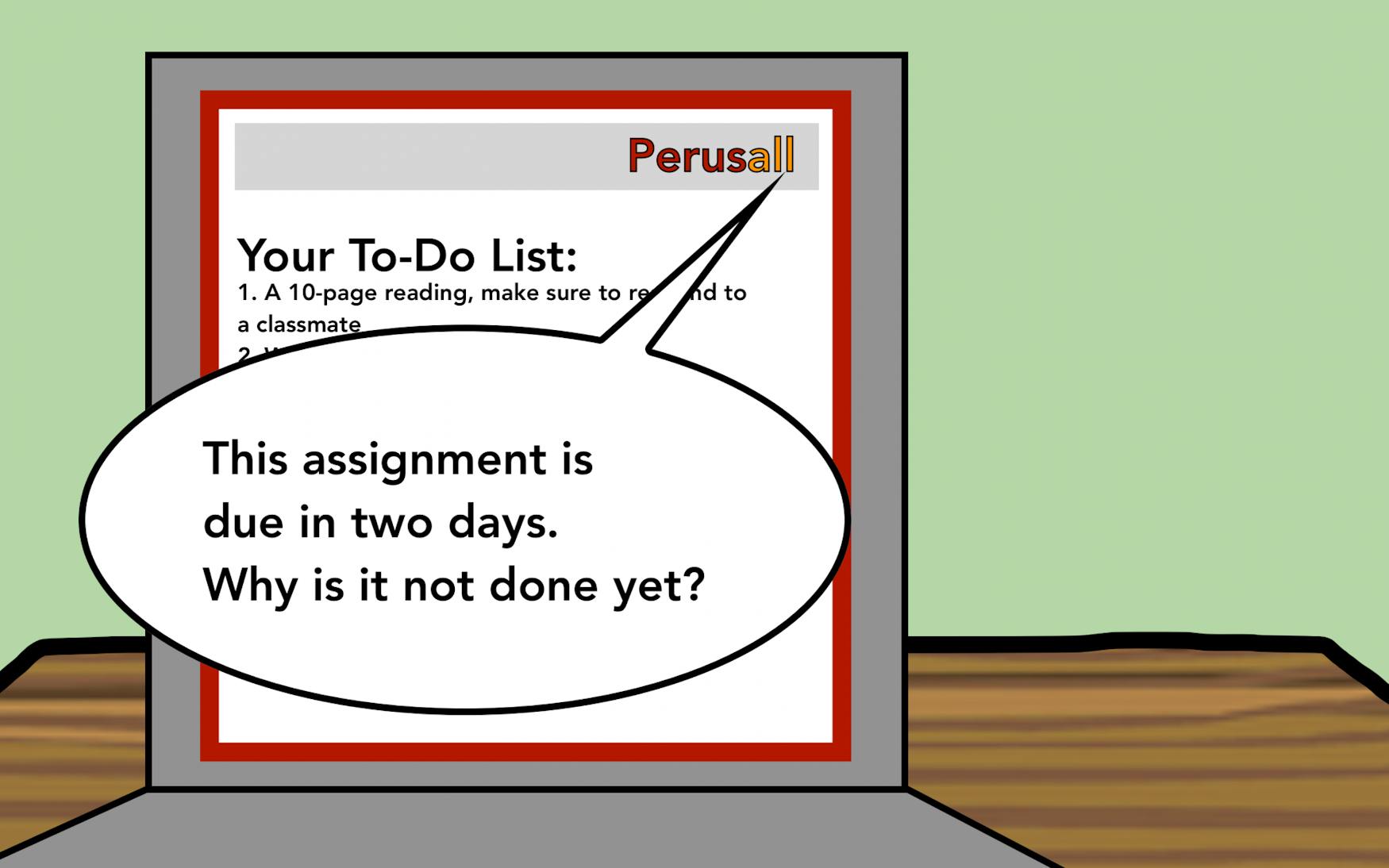EDITORIAL: Improvements need to be made to virtual Brandeis University
University professors have been working hard to adjust their class structures and systems this semester due to COVID-19. This board appreciates the time and effort that faculty has put into adapting their courses, expectations and communication on behalf of their students. Many instructors have gone above and beyond in ensuring that their students feel supported and are learning effectively. However, there have been discrepancies in students’ experiences and struggles with different classes that need to be addressed.
One discrepancy in student experiences is the strictness and penalties assigned to professors' absence policies. Absence policies in all classes should be relaxed during this pandemic. Although holding virtual classes makes them easier to attend, students should still not be held to strict attendance policies that force them to attend class when they are sick or when it is otherwise difficult for them to be there. Class recordings should be posted on Latte for students to view when they need to miss synchronous meetings. This board is concerned by the approach some professors seem to have, that because all students need to do to attend class is open a laptop, attendance policies can be even more strict than normal. Although attendance is important for one’s learning, rigid absence policies make classes less accessible, and the turbulent nature of this semester makes it particularly important for these policies to be relaxed.
During a time that is challenging for everyone, it is important that professors try to adjust their standards in terms of workload, deadlines and attendance. While professors need not necessarily reduce the amount of work they are assigning, they should be intentional about what they are asking their students to do and ensure that it is not unnecessary busywork. Relaxed deadlines can be implemented in a variety of ways, but it is important that they be incorporated somehow to accommodate unprecedented situations that students find themselves in during this unstable time. While relaxing deadlines can impose additional grading burdens on professors, this board believes that combined with assigning less busywork overall to grade, incorporating flexible deadlines for assignments is attainable for all members of the faculty and will be beneficial for everyone.
Many courses at Brandeis have started implementing Perusall, a new resource for instructors to assign readings, videos and more. Because of Perusall’s algorithm, students can add meaningful contributions to the class discussion in a few words, but will be marked down, while students who write large responses nonsensically will score a top mark for the assignment. As a result, this editorial board has noticed that the work professors assign through Perusall tends to be less meaningful and enriching than other assignments, and more like busywork.
Several professors have utilized this function of Perusall to create flipped classrooms, where students engage with the class material through readings or videos outside of class and then do activities related to the topic during assigned lecture times. Done incorrectly, virtual flipped classrooms undermine the learning process, incentivizing students to prioritize commenting or leaving questions on the videos or readings over learning the material, and increasing the amount of time students spend doing work for each of their classes.
This board urges faculty to utilize class time and course materials such as a Perusall in a way that will be meaningful for their students’ learning. In a flipped classroom or in using Perusall, this board calls on professors to create their assigned class work intentionally, and to avoid assigning work that does not contribute to the course’s learning goals. Perusall and other online softwares provide new, innovative ways to engage with course material virtually, but this board requests that professors use these platforms with a purpose, and not for the sake of assigning more work. Additionally, to cater their classes specifically to their students’ needs, faculty should regularly offer anonymous polls to hear their feedback.
This board urges University professors to consider reevaluating their courses for this criteria that will create a more positive and effective learning environment for the foreseeable future. We would like to see the administration incorporate these ideas — including avoiding busy-work, and being more compassionate and flexible with deadlines and absence policies — into a formal framework for professors and make it available to students, so students know what is expected of their professors during this time.



Please note All comments are eligible for publication in The Justice.